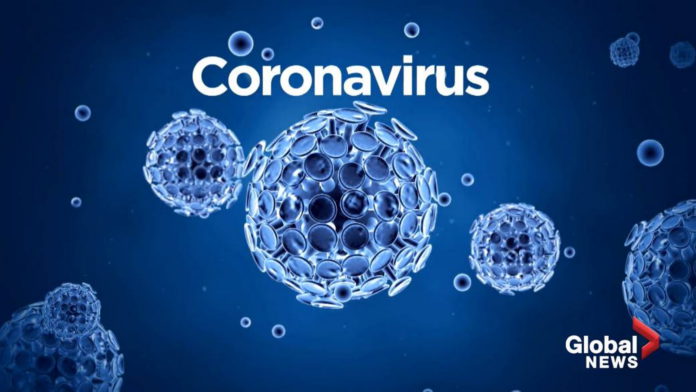As Ghana celebrates some 212 recoveries from a total of 2,074 infections, one issue that remains a grave concern to health authorities and the government is their reintegration into society.
There have been media reports and personal accounts of those who were previously diagnosed with the COVID-19 but overcame the infection being stigmatised on their return.
From being shunned in communities to being avoided by colleagues, the stories as having been told are ones that make survivors develop some psychological issues and make difficult the work of health professionals dealing with the virus.
The latest, of such instances, has been recounted by Dr Titus Beyuo, the Deputy General Secretary of the Ghana Medical Association in an interview with Accra-based Starr News.
According to him, a recovered male (name withheld) was discharged from the treatment centre after having fully recovered from the virus but the sight that met him at home was enough to make him call the centre to take him back.
He simply met an empty home – no family member was around. They had all moved out of the house when news got to them he was returning.
OTHER STORIES:
Hearts of Oak speak on ‘signing’ Sulley Muntari
Top producer settles ‘Azonto’ beef; reveals who the ‘real’ originator is
Family of five found dead in their apartment
According to Dr Beyuo, this is not an isolated case as many more individuals are reporting same treatment.
The feedback we are getting across the communities is really bad. There is an instance in a hospital I don’t want to mention where a patient who recovered was sent to the family this week, when the patient together with some health persons from the hospital got to the house, the patient’s family members in the house had moved out. Everybody had moved from the house. No one was there. Even the person’s kids had been moved by the relatives and they were not willing to take the person in, so the person had to report back to the hospital to be re-admitted, he said.
In another instance recounted by the Deputy Director in charge of Monitoring at the Ghana Ambulance Service, Yaw Osei, land guards were allegedly employed to chase out a recovered patient from an unnamed community.
The Ghana Medical Association believes these instances of stigmatisation, if left unchecked, could cause cases to escalate and lead to more deaths.
With even medial practitioners being avoided by their colleagues, Dr Beyuo insists there is the need for more education so Ghanaians will know COVID-19 is not a death sentence.
It’s a real serious issue, we have colleagues who have unfortunately even been infected with the condition and you will hear all sorts of comments. I heard an account of one colleague who pleaded anonymity saying how from the hospital itself people were stigmatising against her thinking she has brought the condition to them.
The message that should go out is that this is just a flu. It’s a respiratory illness. It’s not like a disease people have gotten because of something bad they’ve done and secondly it doesn’t stay with you for life. It’s not a death sentence. So just like we get common cold and we are cured of it and we are cured forever unless we re-contract it again, once it leaves you, it’s gone. All the people going back to their family are safe to return that is why they are sending them back. They have checked their throat, their airwaves and found that there is no virus there, they’ve coughed nothing is coming out, that is the only reason why they are being brought back so I’m not sure exactly what explains this fear, he noted.
According to the Medical Association, the subject of stigma is one that they are largely interested in and therefore they will begin an education in communities to put an end to this situation.

